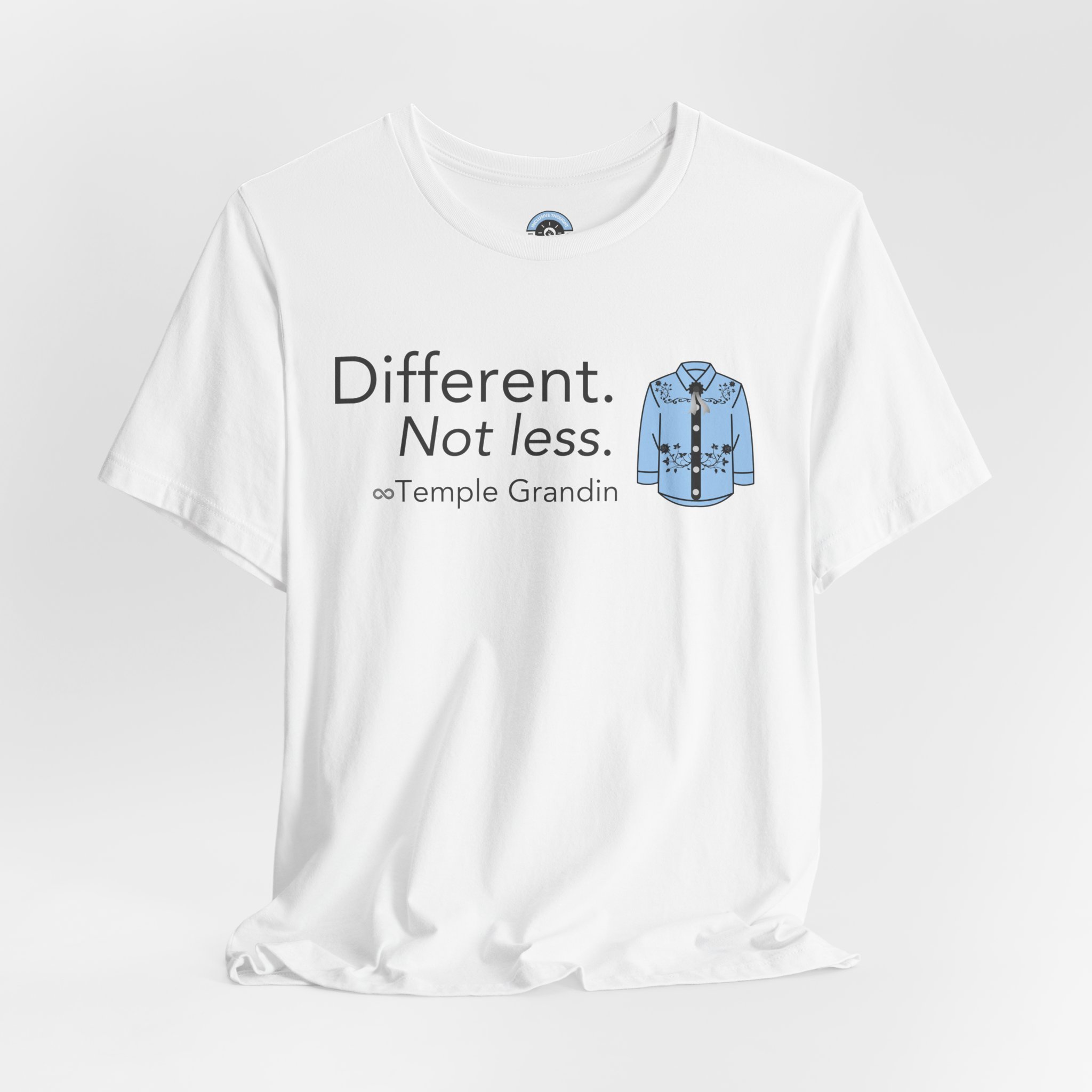Autism and the Therapy Generation: What We’re Finally Getting Right
Millennials and Gen Z - the Therapy Generation - are shifting how we see autism. From late diagnoses to TikToks on masking and sensory overload, we’re finally getting a better grip on what it means to be autistic beyond stereotypes.
Here’s what’s changed:
More adults (especially women and nonbinary folks) are getting diagnosed and realizing their struggles weren’t laziness or weirdness, but unrecognized neurodivergence.
Language matters. Autistic self-advocates prefer identity-first language ("autistic person") over person-first ("person with autism"). Because autism isn’t an accessory - it’s part of who they are.
We’re ditching “awareness” for real acceptance. It’s not enough to “light it up blue”. We want inclusion, representation, and accessibility.
Therapy-Generation Takeaway:
You don’t have to be an expert to be an ally. You just have to be willing to listen, learn, and amplify autistic voices - especially during Autism Acceptance Month.




